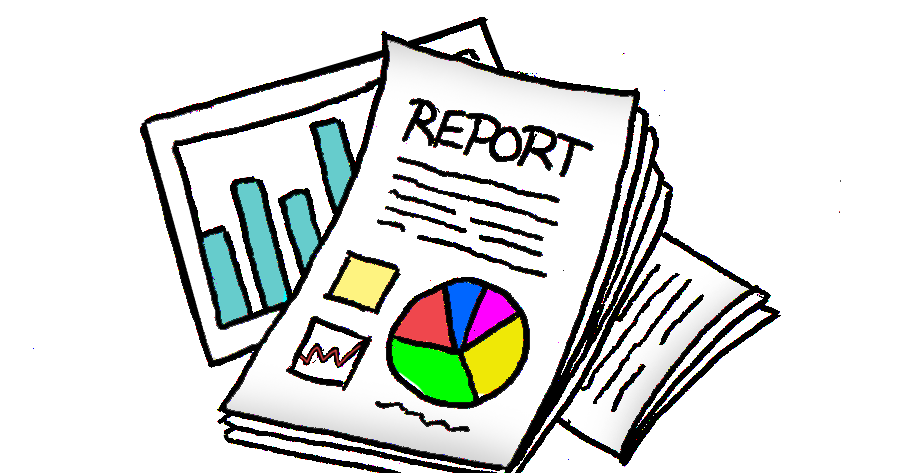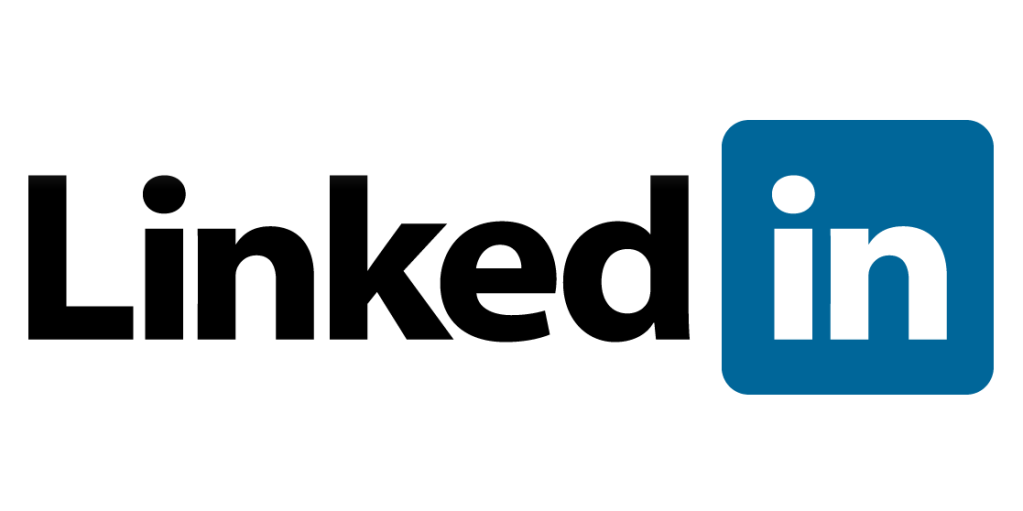From: Elton Kok <kokelton@student.ubc.ca>
To: Richard Chen <rchen2@student.ubc.ca>
Date: September 21, 2020
Subject: ENGL 301 Writing Team Invitation
Hi Richard Chen,
I am emailing you today to propose if you would like to work together as a member of an ENGL 301 Professional Writing Team.
I have read your application letter and I am impressed at your academic background and qualifications. We share similar professional interests as we are both second degree BCS students which indicates to me maturity and experience. I was especially impressed at your formal training in writing professional briefs which were included in court trials. It seems you have a lot of professional writing experience which would be a great skill to have in our team. I highly respect your teamwork ability which even got recognized by your manager. I hope you can bring your teamwork skills to our writing team.
Please consider my invitation to be a member of our ENGL 301 Professional Writing Team. I have attached my Letter of Application to this email if you would like to review my background and experience. Feel free to reach out to me via email at kokelton@student.ubc.ca. I look forward to hearing back from you and hope to work together soon.
Thank you for your consideration,
Elton Kok
301 Elton Kok Application letter
From: Elton Kok <kokelton@student.ubc.ca>
To: Aleem Tariq <aleemtariq19@gmail.com>
Date: September 21, 2020
Subject: ENGL 301 Writing Team Invitation
Hi Aleem Tariq,
I am emailing you today to propose if you would like to work together as a member of an ENGL 301 Professional Writing Team.
I have read your application letter and I am impressed at your academic background and qualifications. We share similar professional interests as we are both second degree BCS students which indicates to me maturity and experience. We both share similar natural science backgrounds as I have also been involved in a graduate research project. We both realized our interest in computer science while performing research in our respective fields. I respect that you acknowledge your weakness in technical writing and even more so your initiative to take this course to improve at it. This is the exact trait and mentality I would love to have in a writing team member.
Please consider my invitation to be a member of our ENGL 301 Professional Writing Team. I have attached my Letter of Application to this email if you would like to review my background and experience. Feel free to reach out to me via email at kokelton@student.ubc.ca. I look forward to hearing back from you and hope to work together soon.
Thank you for your consideration,
Elton Kok
301 Elton Kok Application letter
From: Elton Kok <kokelton@student.ubc.ca>
To: Syed Ahmed <syedw@student.ubc.ca>
Date: September 21, 2020
Subject: ENGL 301 Writing Team Invitation
Hi Syed Ahmed,
I am emailing you today to propose if you would like to work together as a member of an ENGL 301 Professional Writing Team.
I have read your application letter and I am impressed at your academic background and qualifications. We share similar professional interests as we are both second degree BCS students which indicates to me maturity and experience. I see from your application letter that you are extremely experienced as you have written and reviewed many scientific articles. I am even more so impressed that you were awarded a scholarship as a result of your exceptional writing skills. Having a scientific background myself, I strongly agree with your perspective that criticism is the most valuable gift in science. I hope you can contribute your extensive experience and your constant improvement mindset to our writing team.
Please consider my invitation to be a member of our ENGL 301 Professional Writing Team. I have attached my Letter of Application to this email if you would like to review my background and experience. Feel free to reach out to me via email at kokelton@student.ubc.ca. I look forward to hearing back from you and hope to work together soon.
Thank you for your consideration,
Elton Kok
301 Elton Kok Application letter



